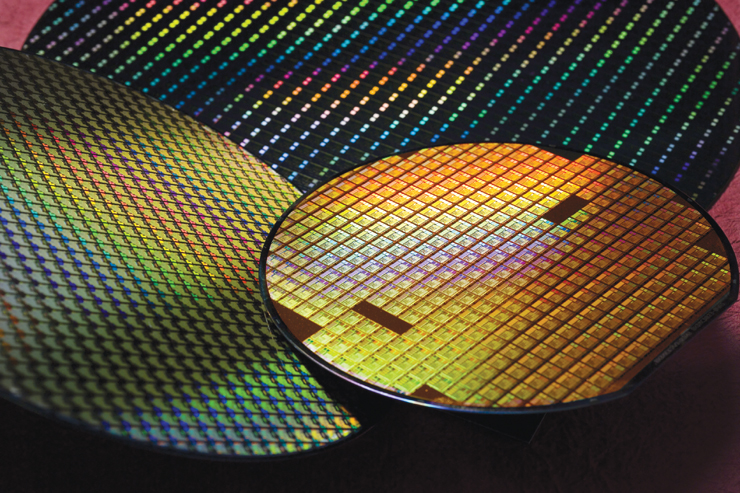
Chips Act to double EU’s share in global semiconductor production

World players in chip production such as Taiwan’s TSMC are soon going to feel competition from the EU which wants to ramp up its own chip production/Taiwan Semiconductor Manufacturing Co., Ltd.
The European Parliament and EU member states have agreed on a plan to produce more chips in Europe and become less dependent on Asia. "Europ


Comments
Ready to join the conversation?
You must be an active subscriber to leave a comment.
Subscribe Today